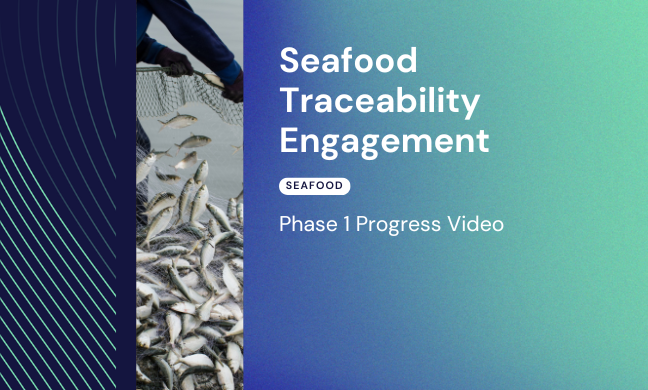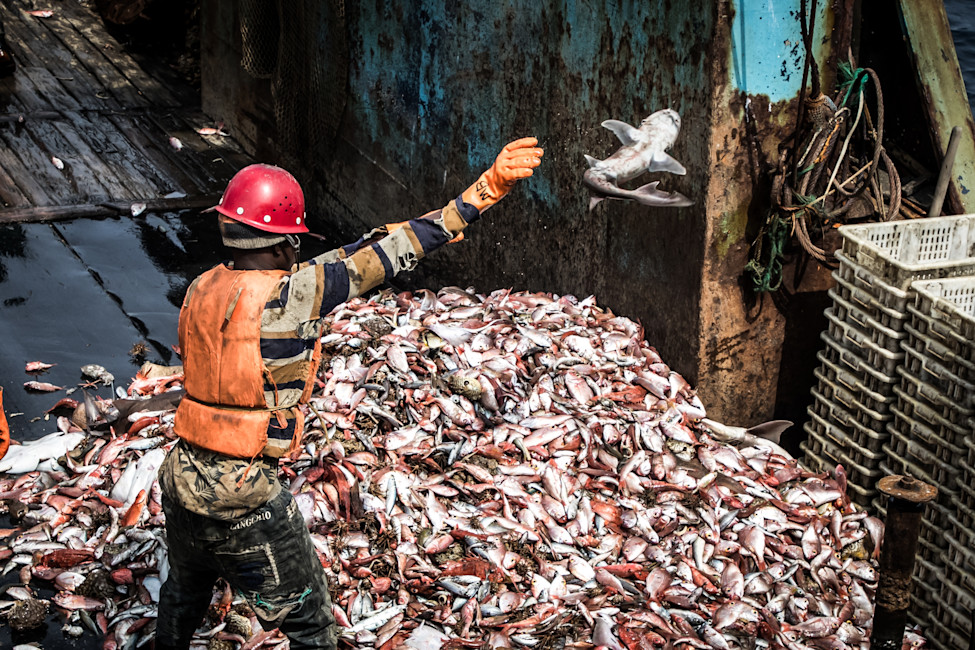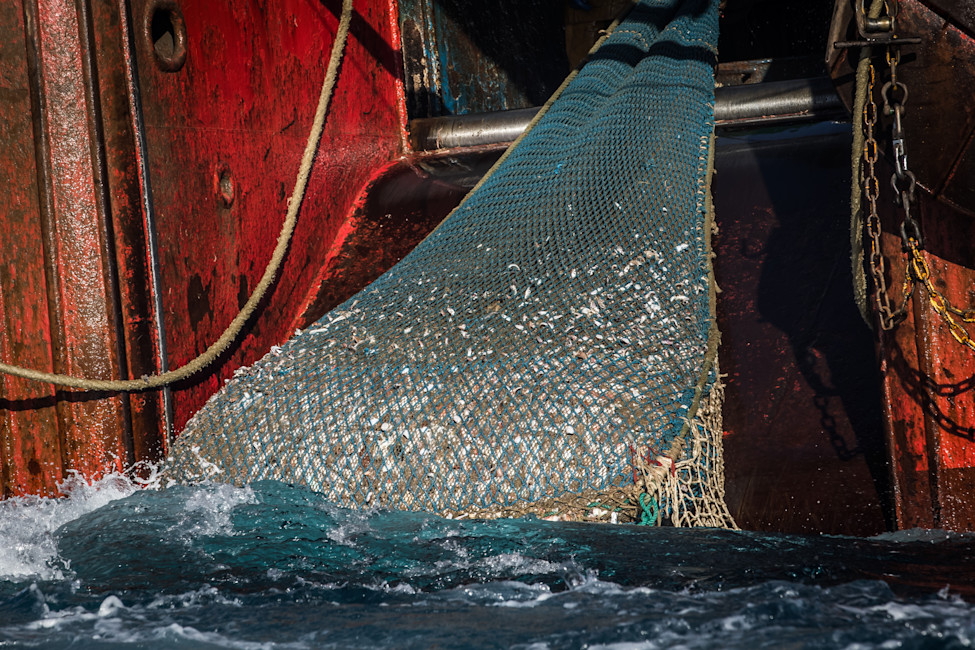Phase 1 Outcomes
The Phase 1 Progress Report of the Seafood Traceability Engagement: Tracing Risk and Opportunity: The Critical Need for Traceability in Today’s Seafood Supply Chains is now available to download. For individual Seafood Traceability engagement company assessments, please visit our Company Universe.

Phase 1 Key Findings
Traceability is critical for seafood and aquaculture companies
The seafood industry faces a series of unique challenges.
More than any other animal protein, seafood is traded through highly complex, fragmented, and opaque supply chains that are global in scale, and involve a multitude of different stakeholders, making it notoriously difficult to track products from catch to consumption.
Overfishing poses one of the greatest threats to the health of ocean ecosystems. Removing fish faster than stocks can replenish, and using destructive fishing methods (such as blast fishing, cyanide fishing, and bottom trawling) degrades and destabilises ecosystems. Furthermore, aquaculture is often reliant on wild-caught fish as a key feed ingredient in the form of fish meal and fish oil. With wild-caught fish volumes having peaked in the 1990’s, the additional strain from a rapidly growing aquaculture sector adds to the threat to long-term fish stock sustainability
Climate change is also causing fish stocks to move, and areas that are becoming increasingly fish-rich or fish-poor could face increased conflict and disruptions to food and job security.
Finally, opaque supply chains can hide labour and human rights concerns and illegally harvested seafood, creating legal and reputational risks to companies and their financiers.
223 million tonnes
of fish and seafood were caught from the wild or farmed in 2022, a 123% increase since 1990.20%
of global wild-caught seafood originates from Illegal, Unregulated and Unreported (IUU) fishing.128,000
fishing workers are in forced labour on remote vessels worldwide.38%
of fish stocks are now overfished.1%
of total global seafood sales could be the price to pay for the seafood industry to implement traceability systems, which could boost profitability by up to 60%.15%
of global catch was MSC-certified in 2020.Although all companies recognise traceability as important, only two out of seven have relatively robust traceability commitments
Only two out of the seven companies assessed – Thai Union and CP Foods – have relatively strong traceability commitments at the group level, covering all seafood products and aquaculture feed ingredients. Mitsubishi has a group-level traceability commitment only for bluefin tuna. Marubeni, Maruha Nichiro, Nomad Foods and Nissui do not presently have any public traceability commitments at the group level. However, Marubeni has traceability commitments at the seafood subsidiary/associate level, and Nomad Foods has a commitment to only source certified seafood.

The implementation of traceability commitment remains limited
Even where traceability commitments are relatively strong, implementing these commitments and reporting on progress lag significantly. Just two companies – Thai Union and CP Foods – report progress towards their traceability targets annually, but this disclosure remains limited to certain species, regions, or subsidiaries.
Companies face multiple challenges in implementing robust traceability
Such challenges include a lack of data, a reliance on paper-based rather than digitised data, an ageing workforce in the seafood sector, a lack of technical capacity, and the need for sector-wide collaboration. Wider cooperation to pool resources and share leading practices to ensure seafood traceability could encourage companies to report progress and promote traceability as an industry norm.

Certifications are not the same as full-chain, digital and interoperable traceability
For maximum utility, a comprehensive traceability system should address three criteria: it should be full-chain, digital, and interoperable in order to ensure that it is providing a complete measure of traceability, considering all parts of the supply chain, and recording and communicating data in a structured and consistent way.
Companies largely rely on certifications for their sustainability claims. However, even the most widely adopted Chain of Custody Programmes – such as the Marine Stewardship Council or the Aquaculture Stewardship Council – do not amount to companies having full-chain, digital and interoperable traceability.